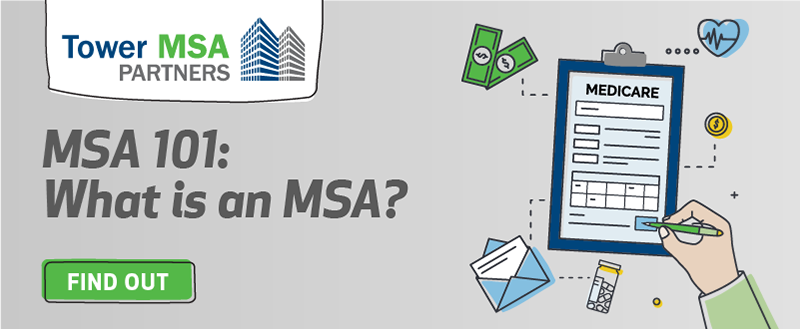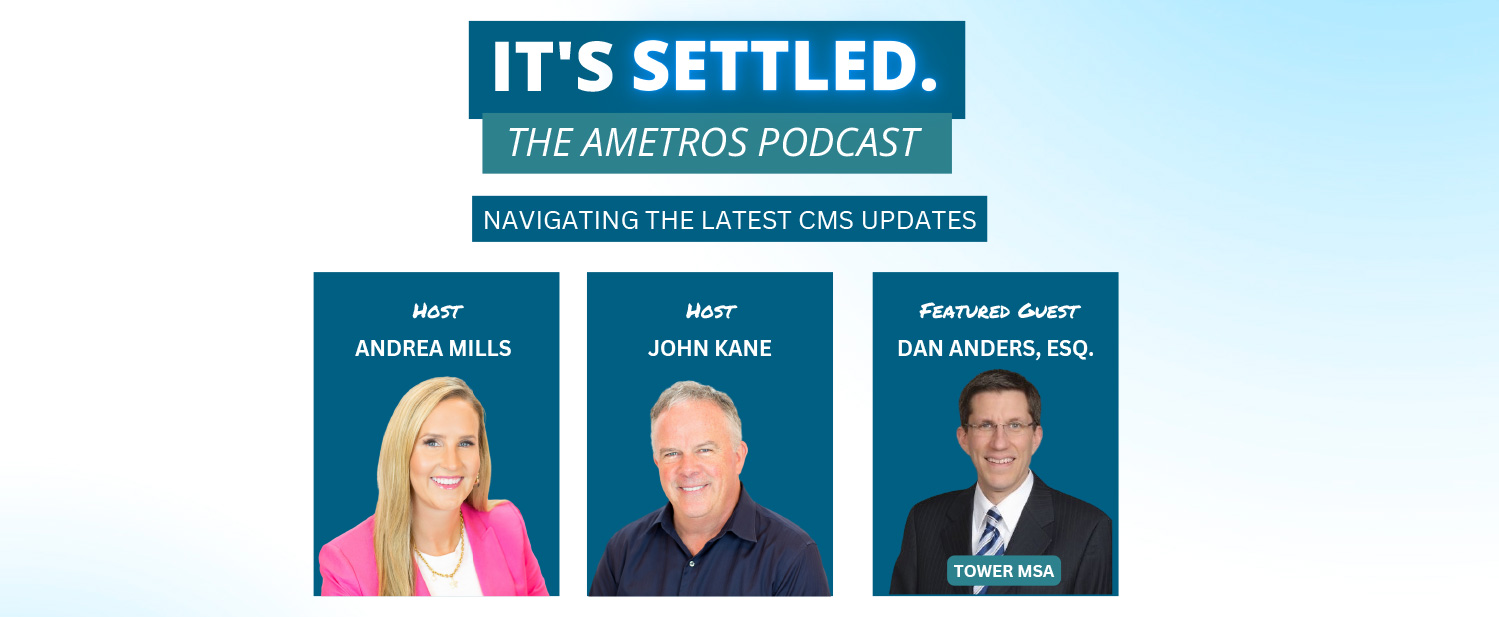As the final post in our Do I Need an MSA? series, we turn to $0 MSAs. While CMS no longer reviews and approves $0 MSAs, they remain a legitimate and strategic option in specific settlement scenarios. And when a $0 MSA is appropriate, the parties can settle with the confidence that Medicare’s interests are protected as well as the injured workers’ access to Medicare to pay for treatment.
But when exactly is a $0 MSA appropriate?
Let’s explore.
What Is a $0 MSA?
A $0 Medicare Set-Aside (MSA) allocates no funds for future Medicare-covered medical expenses related to the claimed workers’ compensation injury. In short, it means the settling parties believe either that the denied nature of the claim means Medicare is primary for future medical or, if an accepted claim, that there is no further need for injury-related treatment or medications.
While this sounds simple, CMS requires specific criteria to be met and supported by documentation to ensure that Medicare’s interests are still being considered appropriately. After all, even a $0 allocation must be defensible.
When Is a $0 MSA Appropriate?
The Workers’ Compensation Medicare Set-Aside Arrangement (WCMSA) Reference Guide, Section 4.2, outlines the situations in which a $0 MSA is appropriate. Below are the scenarios:
- The Claim Is Denied and No Medical or Indemnity Payments Have Been Made
This is the most straightforward situation:
- The insurer has not paid any medical or indemnity benefits (except for investigational purposes) prior to settlement,
- The claim remains fully denied, and
- The settlement does not allocate funds for future or past medical.
- Denied Claim with Prior Payments
If some medical payments were made early in the life of the claim, but the carrier later issued a formal denial and maintained it throughout, a $0 MSA may still be possible. Criteria to be met:
- The claim was denied,
- Denial was within state statutory timeframe allowed to pay without prejudice, and
- The settlement does not allocate funds for future or past medicals.
- Court Decision on Compensability of Claim or Ongoing Medical
If a court, commission or board finds after a hearing on their merits that either the claim is not compensable or that the employer does not owe additional medical or indemnity benefits, then a $0 MSA is applicable. The payer needs to ensure that they abide by such a decision in terms of not paying for additional medical or indemnity short of a compromise settlement.
- Injury-related Medical Condition Has Resolved
In some cases, the injured worker may have recovered fully, no longer receives treatment, and no further Medicare-covered services are anticipated. Even if the claim was accepted at one time, a $0 MSA may be appropriate if:
- There is sufficient medical evidence to support full recovery,
- The treating provider documents that no future treatment is required,
CMS Policy Change: $0 MSA Submissions No Longer Reviewed After July 17, 2025
As noted above, effective July 17, 2025, CMS no longer reviews $0 MSA submissions. This change reflects a shift in resource prioritization: CMS sees limited value in reviewing MSAs that allocate no funds to future medical.
However, this does not remove the obligation to protect Medicare’s interests. Instead, the burden falls more squarely on the settling parties to:
- Evaluate whether a $0 allocation is appropriate,
- Document the justification thoroughly, and
- Retain that documentation as evidence of compliance.
At Tower MSA Partners, we anticipate this shift will increase the importance of clear documentation and expert evaluation. Without CMS review, you need a partner who can help you build a strong, defensible case for a $0 MSA.
Documentation Checklist: Building a Defensible $0 MSA
To support a $0 allocation, especially in a post-CMS review environment, be sure to compile the following:
- Denial Letter (for a denied claim) – Official claim denial from the payer
- Claim Payment History – Showing medical, indemnity and expense payments
- Medical Records (for an accepted claim) – Indicating no ongoing or anticipated treatment
- Legal Documents – Any court orders or other legal documents pertinent to the denial or need for ongoing and future injury-related medical care.
- Physician Statement – If applicable, confirming no future medical care is necessary
This documentation can be provided for Tower to review and prepare a report that confirms the case meets CMS $0 MSA criteria.
How Tower MSA Partners Can Help
Tower’s experienced team brings together clinical, legal, and claims expertise to:
- Evaluate whether a $0 MSA is appropriate,
- Provide recommendations to obtain a valid $0 MSA,
- Prepare a clear and defensible report, and
- Help to explain CMS’s $0 MSA criteria to settling parties and assist with appropriate settlement language.
Final Thoughts: The Power of Zero—When Used Wisely
A $0 MSA can be a powerful tool in the settlement process, helping to close claims quickly and reduce costs. But like all compliance strategies, it must be used wisely.
As CMS steps back from $0 MSA reviews, the responsibility for Medicare compliance falls squarely on the parties involved. Tower MSA Partners is here to guide you.
Ready to Evaluate a Zero MSA?
Let us help you determine whether your settlement qualifies for a $0 MSA, and make sure it’s documented the right way.
Contact Tower MSA Partners today to schedule a consultation.











